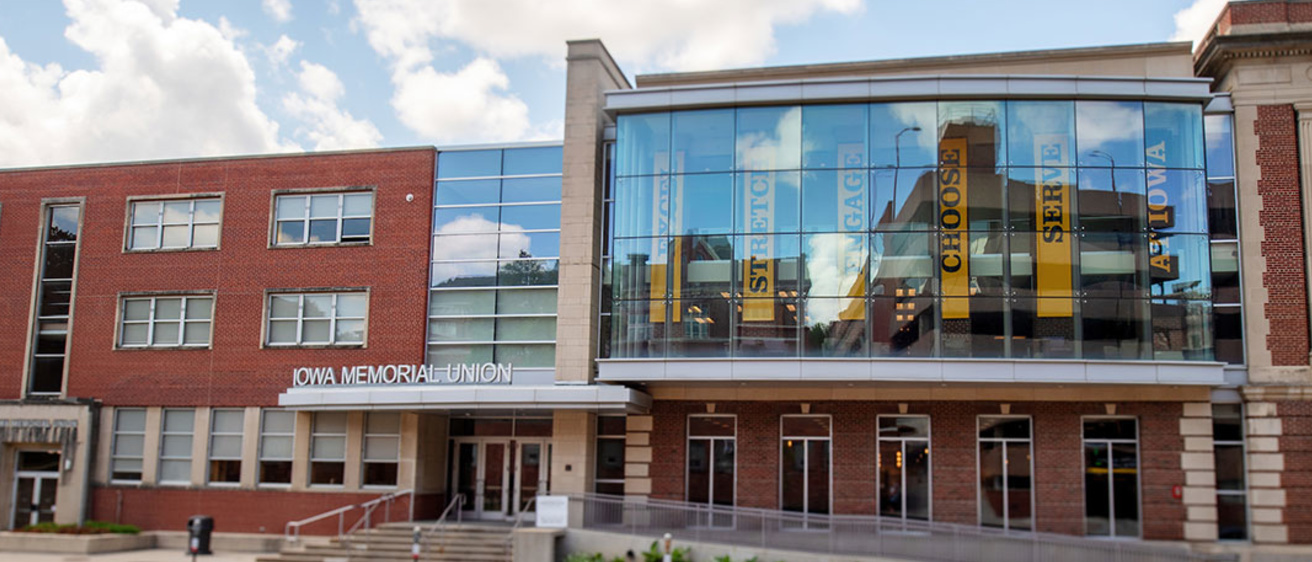
Breadcrumb
- Home
- Community
- Education Opportunities
- Continued Education Experiences
Continued Education Experiences
To improve educational quality for FSL members, WRAC (Women's Resource and Action Center), RVAP (Rape Victim Advocacy Program, and FSL (Fraternity and Sorority Life have collaborated to implement a new educational system for violence prevention education.
Every member of an FSL organization is required to attend one facilitated, interactive workshop each year of their membership. Workshops are designed to scale and build upon previous education. This is in addition to other education FSL students receive including new member academy and alcohol harm reduction.
Educational participation is tracked by student to ensure each member builds skills and has the same knowledge base. During their first year of membership, each student must complete Tier 1 and during their second year they must complete Tier 2. During years three and four of membership, students must complete Tier 3 and 4, where they have the choice of participating in three workshops. These tiers are focused on increasing leadership in these areas. Tier topics are outlined below.
Tier 1: Enthusiastic Consent
Participants learn what consent is, how to set and communicate boundaries and how to respond respectfully to rejection.
Tier 2: Bystander Intervention for Preventing Sexual Violence
Participants learn to recognize warning signs for sexual violence, bystander intervention skills and how to apply those skills to real world scenarios.
Tiers 3 and 4: Dismantling Rape Culture
Participants learn what rape culture is, how to recognize it in our everyday interactions and how to actively dismantle it.
Tiers 3 and 4: Healthy Relationships
Participants learn how culture influences perceptions of relationships, to recognize unhealthy warning signs, and to actively build skills to engage in healthy relationships
Tiers 3 and 4: Bystander Intervention Creating Safer Communities
Participants learn to recognize warning signs for identity-based harm, bystander intervention skills and how to apply those skills to real world scenarios.
- Level of participation is determined by year of membership i.e. all new members will enroll in Enthusiastic Consent as a part of onboarding processes. Tiers will be tracked in the RMS. The tiered violence prevention plan is an annual education requirement, but individual chapters can provide more prevention education. FSL will partner with the Women’s Resource Action Center (WRAC) to provide supplemental presentations/educational programs that are not required but recommended.
This course provides students who are members of a social Greek-letter organization with the skills, knowledge, and information to reach their potential as leaders and council/chapter officers. This course focuses on the practical side of being an organizational leader and is balanced with understanding how to create a stronger fraternity and sorority community. Students will engage in self-reflection and authentic conversations with their peers to gain a greater awareness of Fraternity and Sorority Life at the UI and on the national level.
This class is encouraged for all chapter leadership, it is not required. It occurs during the spring semester.
The Healthy Masculinity Cohort Initiative is a once-a-month session led by trained peers to explore individual definitions of masculinity and discuss gender socialization, the dismantling of masculinity tropes to redefine fraternity. We utilize Blooms Taxonomy and Men and Masculinities: Theoretical Foundations and Promising Practices for Supporting College Men’s Development by Tillapaugh and McGowan to inform the curriculum and program execution.
This meeting serves to set expectations, introduce new executive boards to the FSL staff, and go over needed information.
Three-day leadership training for chapter presidents, council leadership, chapter advisors, and house directors
FSL’s bystander intervention module is an asynchronous module members take that provides them with a general overview of what bystander intervention is and how to be an active bystander. Housed in ICON, this is a piece of education that chapters can facilitate together at any time, and our councils have used it as mandatory education or a way to complete education requirements in the past. Completion is tracked semesterly by FSL staff.